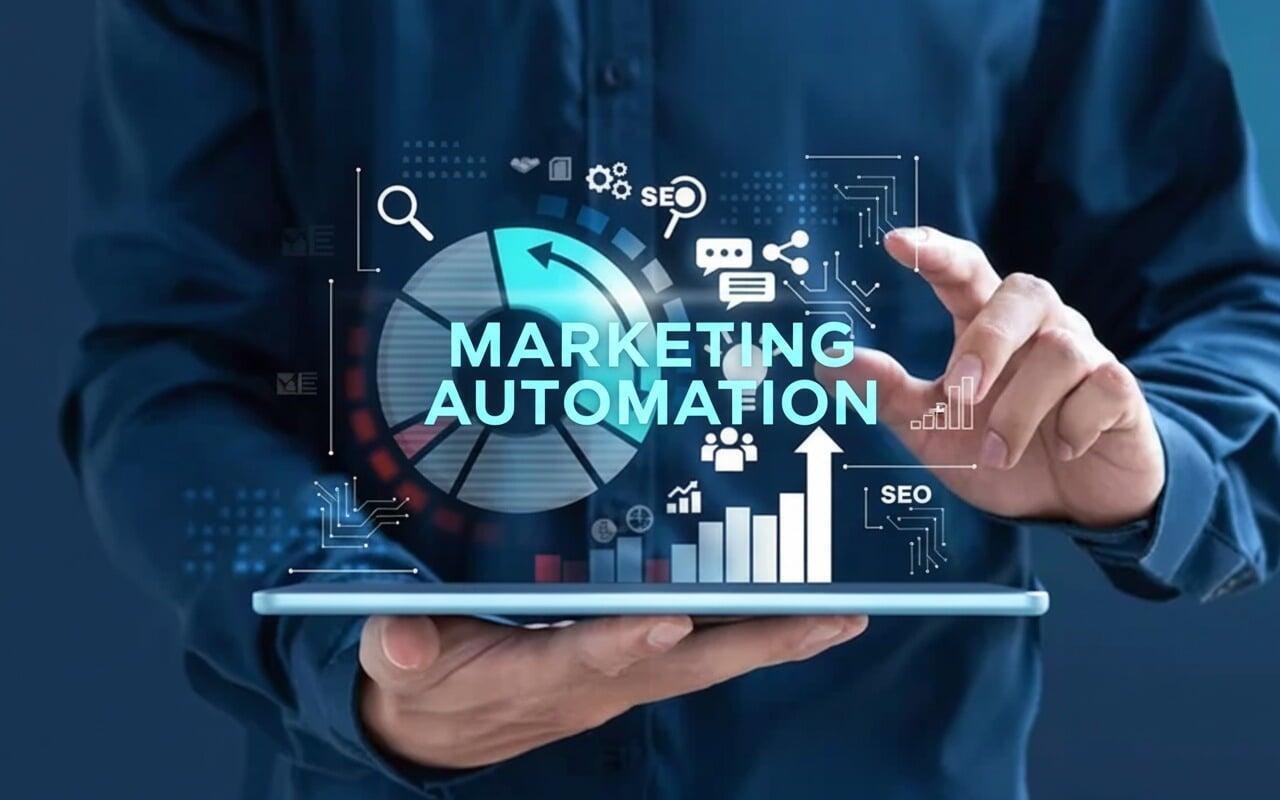
In today’s competitive business landscape, companies are under constant pressure to deliver projects on time, optimise resources, and achieve measurable growth. While a project management consultant traditionally focuses on planning, execution, and oversight, the role is increasingly expanding into areas once reserved for marketing teams. One of the most impactful tools enabling this shift is the adoption of marketing automation services.
By integrating project management expertise with advanced automation technologies, consultants can help businesses not only run smoother projects but also generate growth opportunities and enhance client engagement.
Why Marketing Automation Matters for Project Management
At first glance, marketing and project management may seem like two distinct functions. However, they share a common foundation: efficiency, communication, and measurable outcomes.
Marketing automation services streamline repetitive tasks such as email campaigns, lead nurturing, and client reporting. For a project management consultant, these tools bring significant value by:
* Improving communication: Automated email sequences keep stakeholders updated on project milestones, deadlines, and deliverables.
* Boosting efficiency: Routine updates, reminders, and reporting are handled automatically, freeing up consultants to focus on strategic decision-making.
* Enhancing client experience: Personalised and timely communication ensures clients feel engaged and informed throughout the project lifecycle.
The Consultant’s Advantage with Marketing Automation
A project management consultant equipped with marketing automation services can bridge the gap between operational execution and business development. Here’s how:
1. Data-Driven Decision-Making
Automation platforms provide real-time analytics on client engagement, campaign success, and resource utilisation. Consultants can use this data to refine project strategies, reduce risks, and align deliverables with client expectations.
2. Scalable Processes
Consultants often juggle multiple projects across different industries. Marketing automation standardises communications and reporting, ensuring consistency while scaling operations effortlessly.
3. Client Acquisition and Retention
Beyond project execution, consultants can leverage automation to nurture leads, send targeted updates, and maintain long-term client relationships. This proactive engagement directly contributes to business growth.
Practical Applications in Project Management Consulting
Some examples of how marketing automation services are being applied within project management include:
* Automated Onboarding: Welcoming new clients with step-by-step guides, timelines, and project expectations.
* Progress Reporting: Delivering weekly or monthly reports automatically, reducing administrative effort.
* Milestone Notifications: Keeping clients and internal teams aligned with automated reminders for key deliverables.
* Post-Project Engagement: Following up with clients after project completion to gather feedback, upsell additional services, or secure referrals.
These practices enhance efficiency, build stronger client relationships, and position the consultant as a growth partner rather than just a project overseer.
Driving Growth Through Integration
For a business, hiring a project management consultant who understands and implements marketing automation services provides a dual advantage:
* Operational excellence through structured project delivery.
* Sustainable growth through improved client communication and lead nurturing.
This combination ensures not only the successful completion of projects but also the establishment of a growth-driven ecosystem where every project contributes to long-term business success.
Final Thoughts
The consulting industry is evolving rapidly, and businesses increasingly expect their advisors to deliver more than just project oversight. By integrating marketing automation services into their practice, a project management consultant can unlock new opportunities for efficiency, client satisfaction, and sustainable growth.
In a world where time, communication, and results define success, the blend of automation and consulting is no longer optional—it’s essential.


